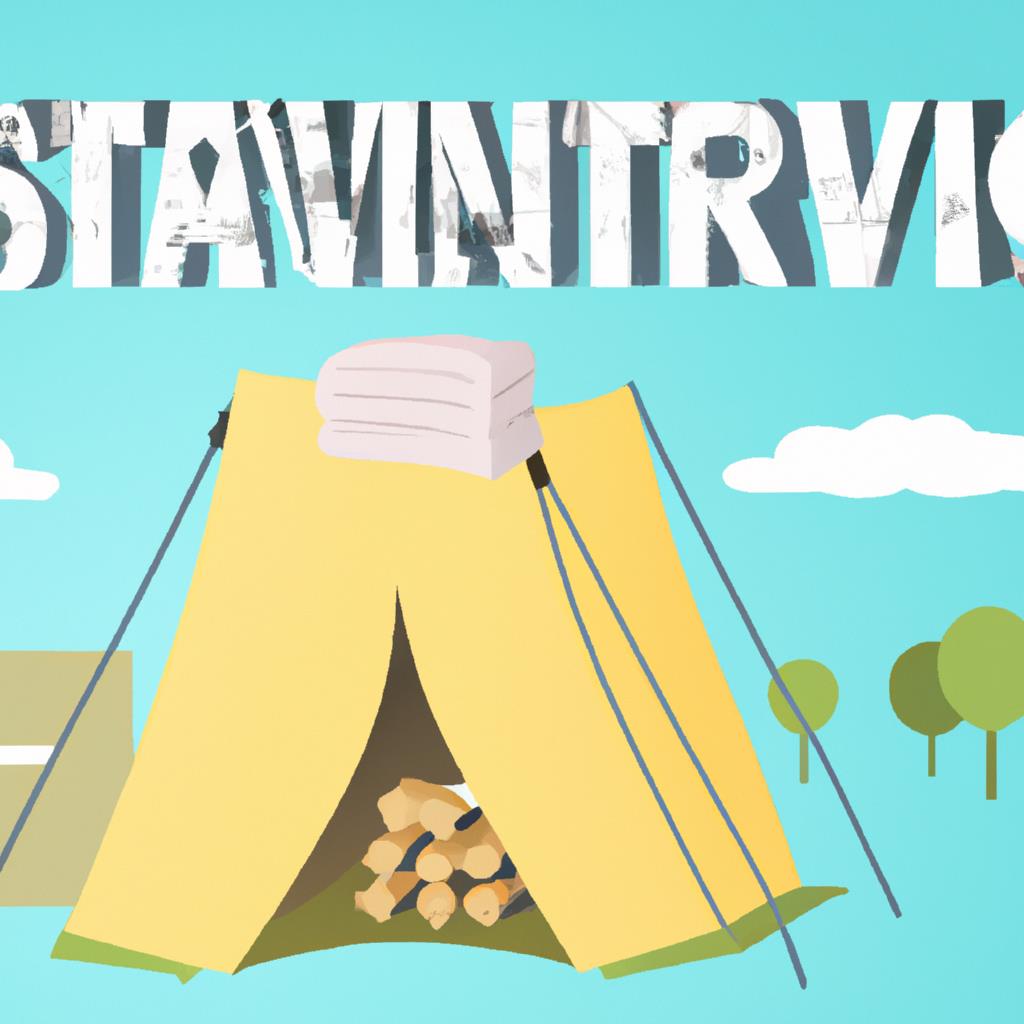When it comes to camping in remote locations, having the necessary survival skills can mean the difference between a fun adventure and a dangerous situation. Tenting and camping sites can offer a peaceful and immersive experience in nature, but they also come with their own set of challenges. Here are some essential survival skills to keep in mind when tent camping in remote locations.
First and foremost, before embarking on any camping trip, its important to thoroughly research the area where you will be camping. Understand the terrain, weather conditions, and wildlife that may be in the area. Knowing what to expect can help you better prepare for potential challenges that may arise during your trip.
One of the most important survival skills to have in remote camping locations is the ability to start a fire. Fire can provide warmth, cook food, and signal for help in case of an emergency. Make sure to pack a reliable fire starter, such as waterproof matches or a lighter, and practice building a fire before your trip. Remember to always follow proper fire safety protocols and never leave a fire unattended.
Another essential survival skill is knowing how to purify water. In remote camping locations, clean water sources may be limited, and drinking contaminated water can lead to illness. Pack a water filtration system or purification tablets to ensure that you always have access to safe drinking water. Additionally, learn how to identify potential water sources in the wilderness, such as streams or rivers, and know how to properly purify the water before consuming it.
Navigation skills are also crucial when camping in remote locations. Getting disoriented or lost in the wilderness can be a frightening experience, so its important to know how to use a map and compass. Familiarize yourself with the areas topography and landmarks, and practice navigating using these tools before your trip. In addition, consider bringing a GPS device as a backup navigation tool.
Food is another important consideration when camping in remote locations. Pack lightweight, non-perishable foods that are easy to prepare, such as dehydrated meals or trail mix. Bring enough food to last your entire trip, and consider packing extra in case of an emergency. Familiarize yourself with the local wildlife and know how to properly store and dispose of your food to prevent attracting unwanted animals to your campsite.
When camping in remote locations, its important to be prepared for medical emergencies. Pack a well-stocked first aid kit that includes bandages, antiseptic ointment, pain relievers, and other essential medical supplies. Take a basic first aid course before your trip to learn how to treat common injuries and illnesses that may occur in the wilderness. In case of a serious emergency, know how to signal for help using a whistle, mirror, or other signaling devices.
Lastly, always let someone know your camping plans before heading out to a remote location. Provide a detailed itinerary of your trip, including the location of your campsite and when you plan to return. In case of an emergency, having someone who knows your whereabouts can greatly aid in rescue efforts.
Camping in remote locations can be a rewarding experience, allowing you to disconnect from the hustle and bustle of everyday life and immerse yourself in nature. By honing your survival skills and being prepared for potential challenges, you can have a safe and enjoyable camping trip in even the most remote locations.


leave a comment